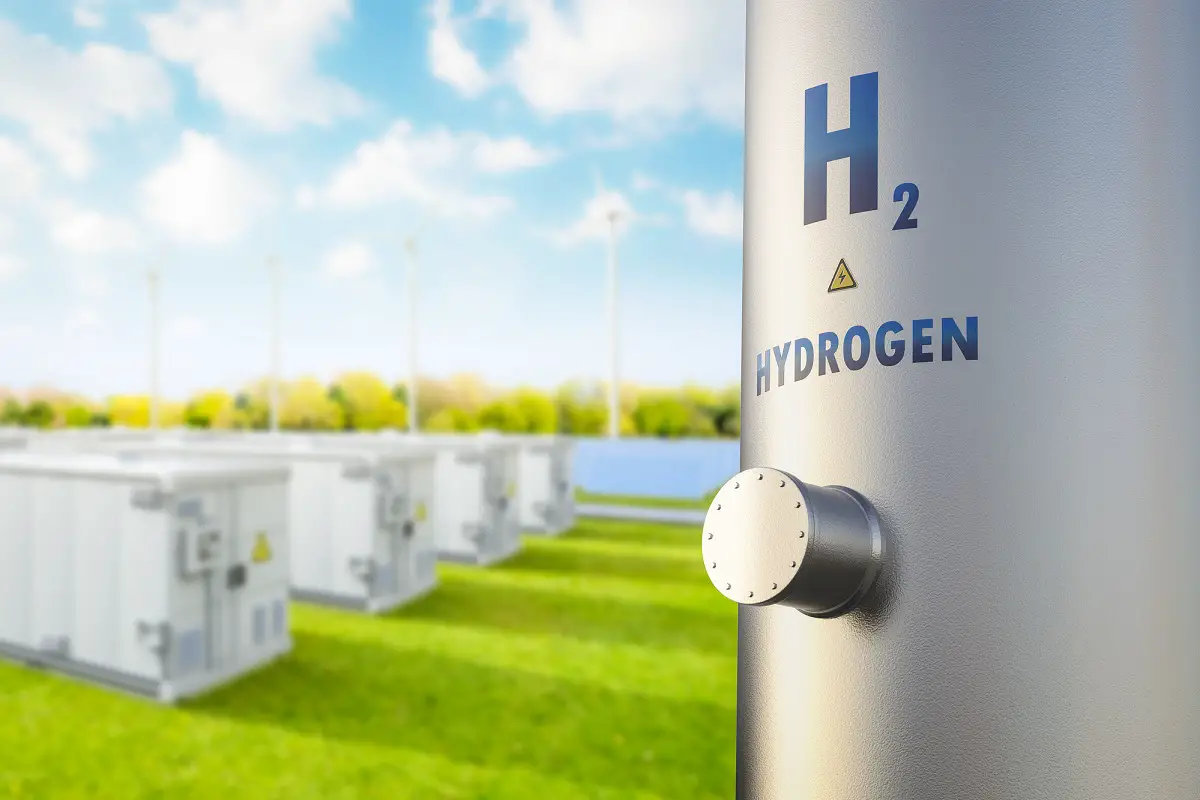
Clean hydrogen gets a $34 million boost from the DOE
August 24, 2023Projects led by universities and the industry will be developing H2 technology and infrastructure.
The US Department of Energy (DOE) has announced that it is awarding a total of almost $34 million to 19 clean hydrogen research projects led by industry and university teams.
The goal is to drive low- and zero-carbon H2 solutions forward to make it viable for electricity generation.
The grants are meant to help university- and industry-led research projects make clean hydrogen more affordable and available as an electricity generation fuel as well as for transportation and industrial decarbonization. By using low- and zero-carbon H2 technologies, the Biden-Harris administration intends to take important steps closer to their goal for a zero-carbon US power sector by 2035 and a net-zero emissions economy by 2050.
“Clean hydrogen is one of our most versatile tools to slash emissions and forge a carbon-free pathway for a sustainable clean energy future,” said Jennifer M. Granholm, US Secretary of Energy. “With today’s announcements, DOE is supporting the continued advancement of clean hydrogen technology making it cheaper to produce and easier to deploy, all while creating good-paying jobs in the process.”
Clean hydrogen can be used for applications that include anything from a gas turbine to a fuel cell.
When used for the generation of electricity, the only emissions from H2 power are water and some heat. To make sure it is truly greenhouse gas emission-free, such as carbon-free, green H2 is produced using renewable energy such as solar, wind, or geothermal, to power the production process using an electrolyzer. Other emission-free methods of powering H2 production include nuclear (pink hydrogen).

Credit: Photo by depositphotos.com
Low-carbon H2 production methods include sustainably sourced biomass with carbon capture and storage as well as leak-tight natural gas methods also using carbon capture and storage. These are not typically considered to be ideal long-term options for H2 production but can help in the transition to truly clean hydrogen while the renewable electricity resources have yet to be implemented.
Those low-carbon options are particularly appealing when compared to the current most common methods of H2 production, which are far from clean hydrogen.
Most H2 produced in the United States is not clean hydrogen as it is made using natural gas.
According to DOE statistics, over 95 percent of the US’s current 10 million metric tons of annual H2 production is made using natural gas without using carbon capture and storage methods. As a result, while the H2 can be cleanly used, its production is highly polluting. It is for this reason that the DOE is pushing to support the advancement of clean hydrogen production in its efforts to address climate change.
Clean hydrogen project grant recipients
 The clean hydrogen grant recipient projects will be managed by the National Energy Technology Laboratory of the DOE, under the purview of the DOE’s Office of Fossil Energy and Carbon Management (FECM). They will concentrate on:
The clean hydrogen grant recipient projects will be managed by the National Energy Technology Laboratory of the DOE, under the purview of the DOE’s Office of Fossil Energy and Carbon Management (FECM). They will concentrate on:
- Tech development to support zero- or low-carbon emission H2 with less energy and at a lower cost;
- H2 production exploration in areas using effluent waters from natural gas and oil development and production, biomass, and other forms of waste; and
- Option expansion for safe and efficient transportation and storage of clean hydrogen across the United States.
Including the recently announced clean hydrogen project grant recipients, the FECM has announced over $122 million worth of investments into 72 projects since the start of 2021. The projects are all in support of the DOE’s Hydrogen Shot initiative, which has committed to reducing the cost of clean H2 in the US by 80 percent, bringing it to $1 per kilogram within one decade.
Ready to test your knowledge on the most abundant element in the universe? Take our fun and engaging Hydrogen Quiz now! [forminator_quiz id=”58712″]



 With over 15 years of reporting hydrogen news, we are your premier source for the latest updates and insights in hydrogen and renewable energy.
With over 15 years of reporting hydrogen news, we are your premier source for the latest updates and insights in hydrogen and renewable energy.